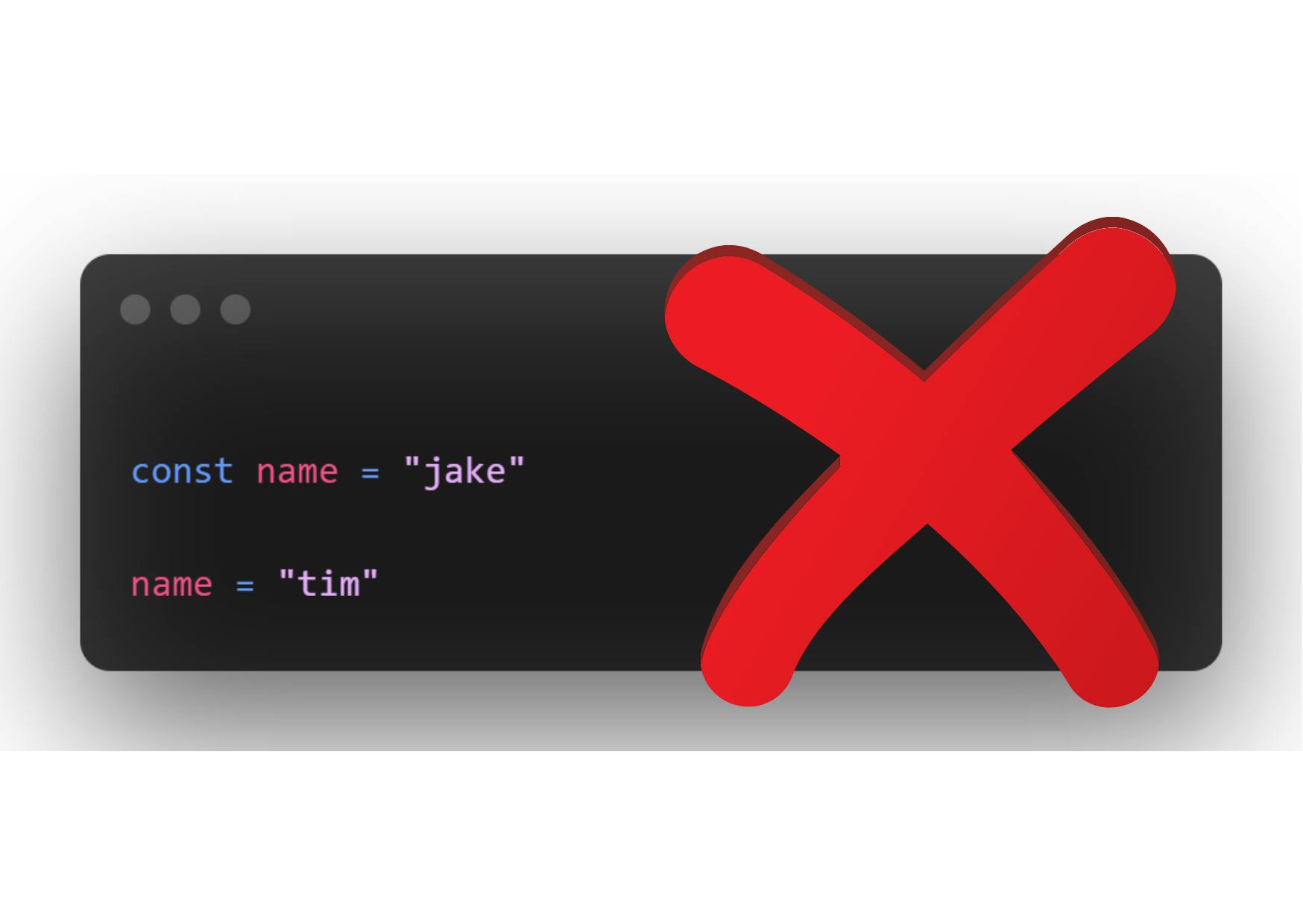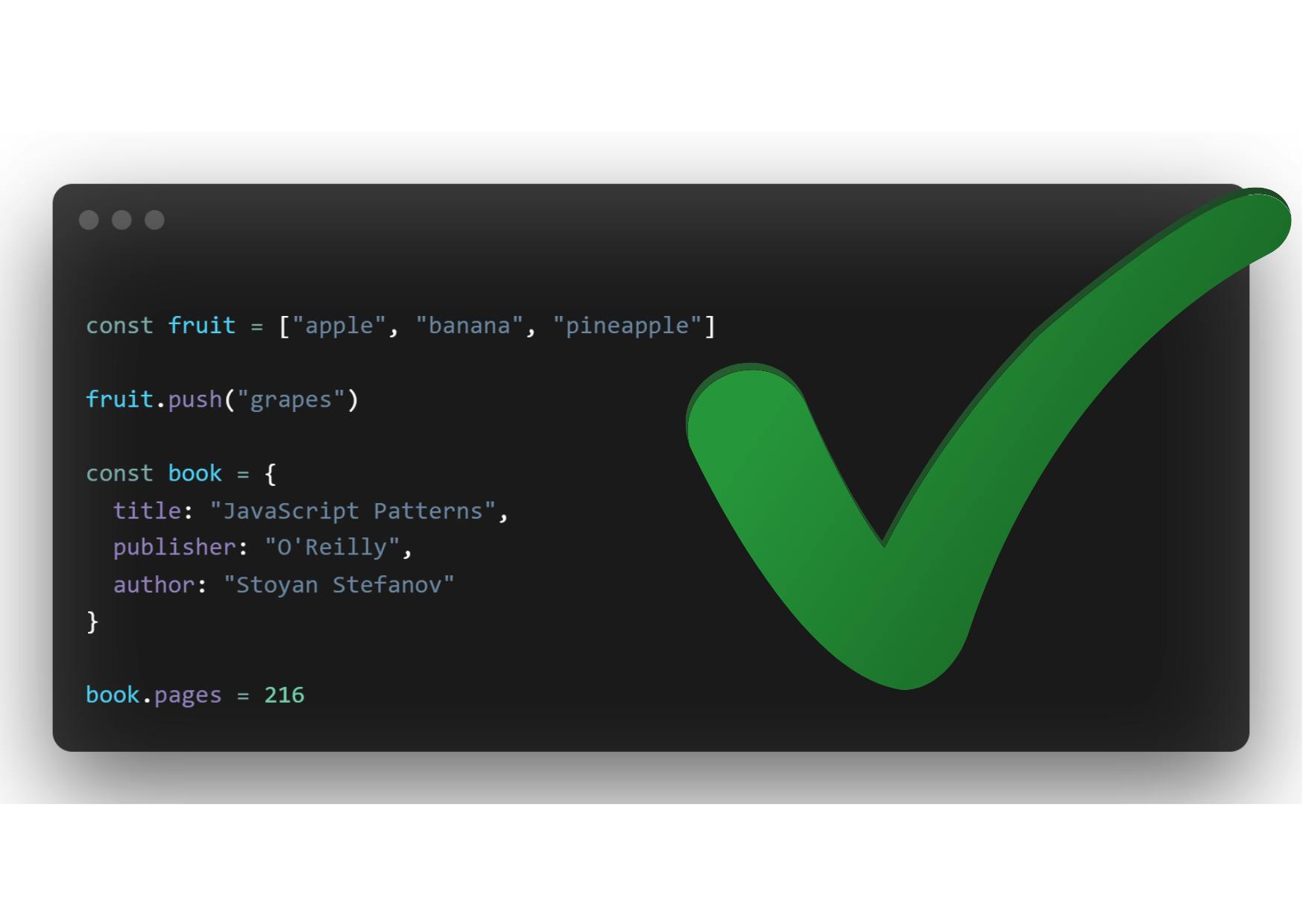The quick answer:
varhas a different "scope" and it's normally better to useconstandletconstis for variables that will not be updatedvaris for variables that will be updated
Var
Before const and let the only way to declare a variable was with var. The sope of var -- where it can be accessed after it's been defined -- is global and function. So if it is defined outside a function it is globally scoped and available anywhere in the program. If it's defined in a function then it is function scoped and only available in that function. const and let on the other hand are block scoped. They are available in whatever block they are defined in. A block is anything inside curly brackets {}
The use of var can be confusing in blocks such as for-loops where you can inadvertently update the global scope, when you only want to update the block scope. For example
for (let i = 0; i < 5; i++){
console.log(i) // 0/1/2/3/4
}
console.log(i) //undefined
for (var i = 0; i < 5; i++){
console.log(i) // 1/2/3/4
}
console.log(i) // 5
For this reason it is preferable to use const and let over var
const
When you assign a value to a variable using the const keyword you tell JavaScript that you won't assign a new value to it. If you try, you will get an error.

It is worth remembering that while you can't update const with a new value, you can still change the content of the variable. This is the case in objects and arrays. The below is valid

let
Use let when you will need to update a variable later in your program. You still can't reassign a let variable once it's been declared. For instance you couldn't use let cat = "mogy" and then let cat = "felix" but you can update the variable with cat = "felix".
Unlike with const, you an initialize a variable with let without assigning it a value. The variable will then be undefined until you update it with a value
let number // number is undefined
number = 5 // number is 5
